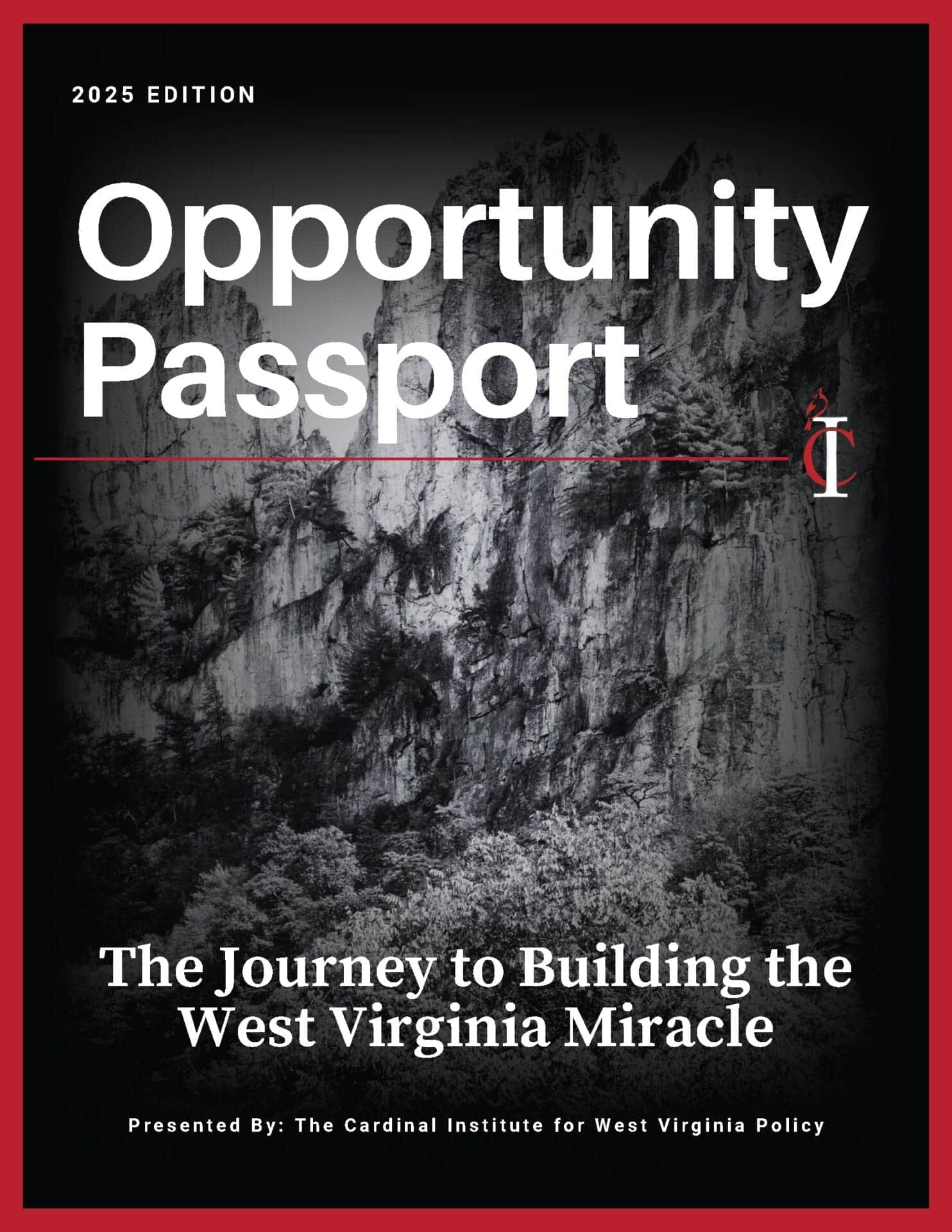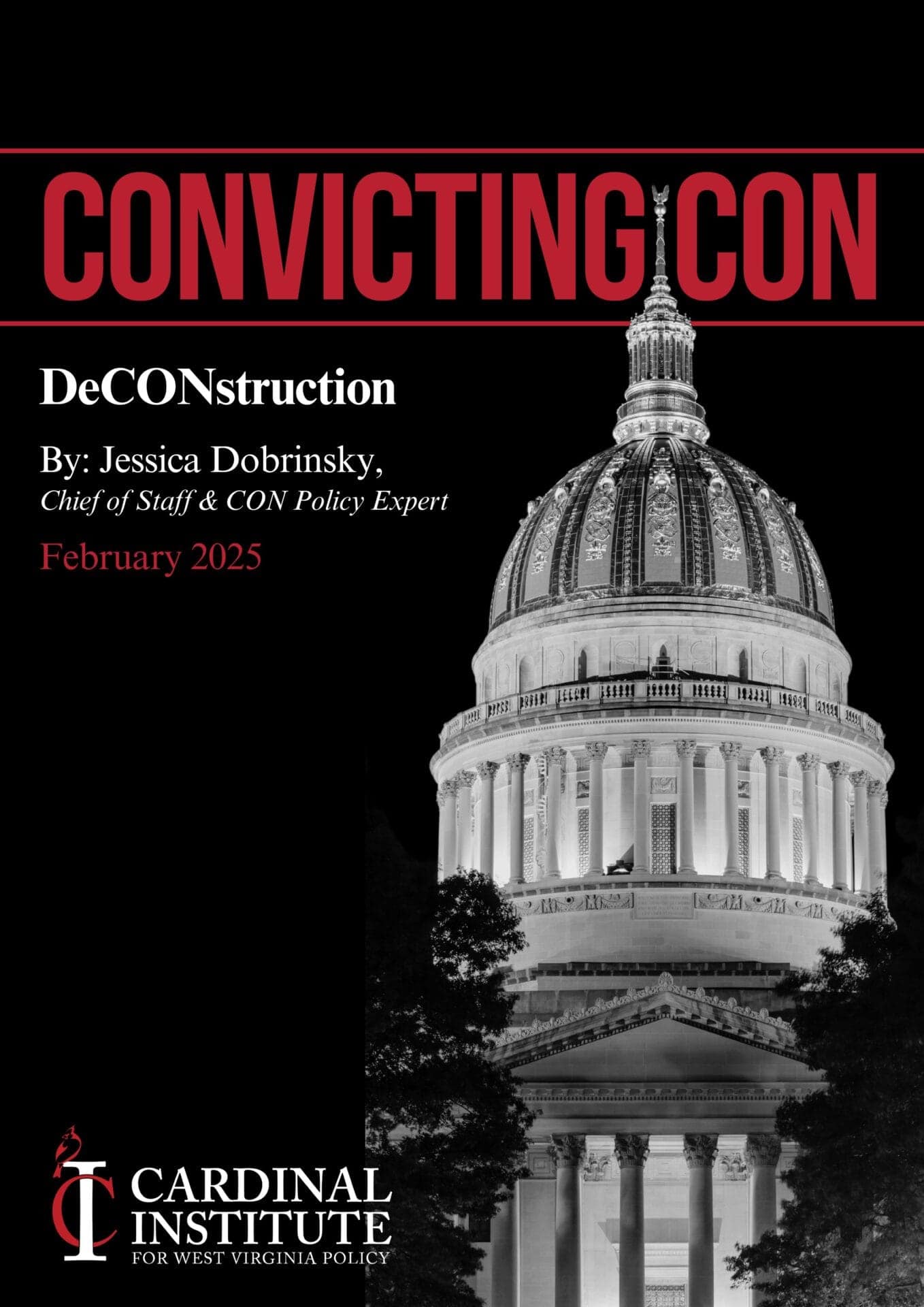
Licensing Recognition in West Virginia Should Be Expanded
Cardinal Team
Occupational Licensing Reduces Mobility
For those considering a move to West Virginia, there is little mobility between states when it comes to licensing requirements. Across the nation, nearly one in four workers require a professional license to perform their job.
Occupational licensing, which may as well be entitled ‘permission slips,’ requires professionals in certain occupations to receive a license from a government agency before they may work in their designated field. Licensure may require all or some combination of the following:
- formal education,
- on the job experience,
- fees, and
- a licensure exam.
The rule plainly establishes a hurdle to employment and a barrier to entry for new and existing entrepreneurs. More importantly, West Virginia has some of the most restrictive licensing regulations in the Appalachian region.
Research Shows High Licensing Requirements in West Virginia
In 2019, the Cardinal Institute and the Knee Center for the Study of Occupational Regulation released research that surveyed occupational licensing regimes across West Virginia, Pennsylvania, and Ohio. The report found that fees for 64 occupations averaged nearly 8% higher in West Virginia than in Ohio and Pennsylvania. The report also demonstrated that 39% of occupations had significantly higher barriers to entry than our Appalachian counterparts. West Virginia has 38 licensing boards and commissions—17 more than Ohio and 9 more than Pennsylvania. Sadly, such requirements only make it harder for prospective Mountaineers to call West Virginia home.
Universal Recognition Would Improve the Economy
But, as of late, universal licensing laws have been gaining steam. These laws permit states to recognize certain licenses granted by other states. This can provide further mobility for those moving to and from states across the nation. With universal licensing recognition, workers may enter a state and thrive in the occupation they were certified to perform, strengthening the state’s economic growth.
Despite plentiful reforms, there is still more to be done. In a 2018 report, the Federal Trade Commission noted that nearly 30% of American jobs require a license today, up from less than 5% in the 1950s. While some licenses may be beneficial, the FTC stated that “the expansion of occupational licensing threatens economic liberty.” But various trade associations and unions who want to protect their dominance in the market seek to protect licensure.
As we know, when you restrict supply, you drive up cost. The higher the cost, the fewer options are available for consumers. Thus, West Virginia is paying more for less. To expand the workforce, provide more options for consumers, and strengthen the economy, West Virginia must not only expand licensing recognition, but also decrease the number of licenses required for professionals to do their jobs.
With the expansion of occupational licensing reform, West Virginians would have the ability to earn a living in the state they love, free of excessive barriers.
Jessica Dobrinsky is a policy analyst for the Cardinal Institute for West Virginia Policy.







